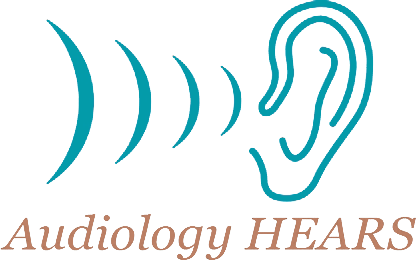Do you have hearing loss? We know that hearing loss makes it harder to hear the people in your life and may even make it easier to miss sounds in your environment. However, did you know that with hearing loss you are at a higher risk for falls and accidents? In fact, a recent study found that people with hearing loss may be almost twice as likely to experience an accidental injury as individuals with excellent or good hearing.
The Risks of Hearing Loss
Nearly 48 million people in the United States have some degree of hearing loss often caused by old age, exposure to loud noise, certain medications, head injury or frequent infections. It can make it hard to hear the people in your life, affecting mood, and socialization. However, many people are surprised to hear that hearing loss also affects the way you interact with the world. It can lower your reaction time to emergencies by limiting your ability to detect warning sounds earlier or at all.
Exploring the Risk of Injuries in People with Hearing Loss
In a national survey of 272,000 adults’ researchers between 2007 to 2015, participants were asked people how they rated their own hearing and if they had suffered an accidental injury within the previous three months. They found that of the approximately 232.2 million people in the population, about 6.6 million experienced accidental injuries each year. This came to a 60 percent higher risk of accidental injury for those with a mild hearing loss and a 70 percent higher risk for those who described their hearing loss as moderate. Meanwhile, those who described their hearing as severe, reported a 90 percent higher chance of accidental injury.
“Hearing is a special sense and as such one of its prime sensory functions is as a warning system for the body,” explains senior study author Dr. Neil Bhattacharyya, a researcher at Harvard Medical School and Brigham and Women’s Hospital in Boston.
“When people have hearing loss, they may be less likely to hear warning signs of, for example, a bicycle or motorcycle coming towards them,” Bhattacharyya reported. “They may be less likely to hear a car horn or someone yelling at them to ‘duck’ if a baseball is headed their direction.”
Further Studies on the Risk of Accidents and Hearing Loss
You never know when an accident will strike. While the risk is higher when driving a car or as a passenger, the more alert we are, the lower the risk. Hearing loss is an essential sense for connecting us to the world around us. Like an impairment in vision, it can make us less aware and more prone to being surprised or suffering an accident.
Staying Alert by Addressing a Hearing Loss
Do you have hearing loss? You may not even know it. Hearing loss can often develop slowly over years, allowing the brain to rationalize subtle losses in hearing ability. Often by the time you can diagnose a hearing loss it is so severe it may be hard to hear in even the most ideal of listening situations. Often it will make it harder to hear in noisy environments or make it difficult to follow everyday conversations. However, it can sneak up and cause you to be at a higher risk of accidents.
Safety in the Workplace
In a study published in the journal of Occupational and Environmental Medicine, researchers found that hearing loss may increase the risk of accidents and injuries in the workplace. Because our hearing helps to alert us to dangers in the environment such as an alarm or warning bell, the reduction or perceived sounds can make your workplace increasingly hazardous.
